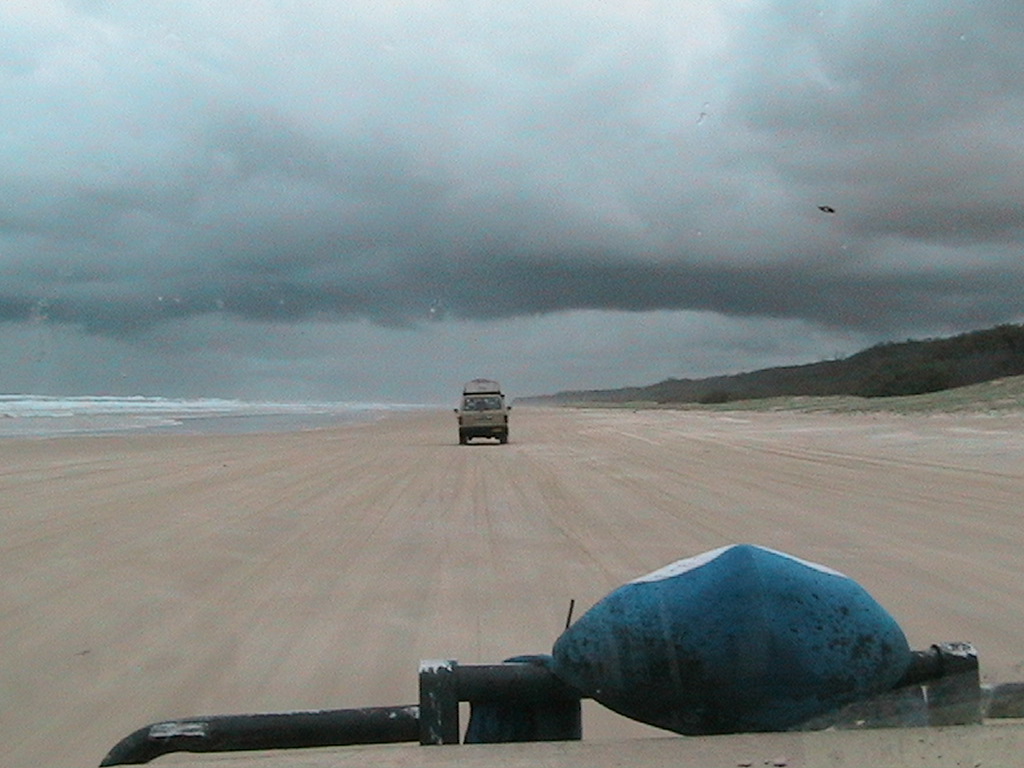Chalmers’ $17 billion tax cuts spark electoral showdown in an unpredictable landscape.


Chalmers’ $17 billion tax cuts spark electoral showdown in an unpredictable landscape.

The Shrinkflation Crisis: A Deep Dive into the Disheartening Decline of Food Quality There’s a palpable nostalgia that washes over me when I reminisce about my adolescent trips to the

Dutton defends himself against allegations regarding his personal wealth.

Ex-Tropical Cyclone Alfred has been downgraded to a tropical low as it approaches landfall scheduled for Saturday morning.
It sounds like the discussion around Chalmers’s tax cuts is heating up, especially with an election on the horizon. The $17 billion figure is substantial, and it’s bound to have significant implications for both the economy and political landscape. Tax cuts can be a double-edged sword—they’re often popular among voters but can raise concerns about funding for essential services and long-term fiscal responsibility.
As we navigate this “uncertain world,” it will be interesting to see how different parties and candidates position themselves regarding these cuts and how they plan to address the potential economic implications. It could lead to spirited debates about priorities and the best ways to support both individuals and businesses in the current climate. What are your thoughts on how this might impact the upcoming election?